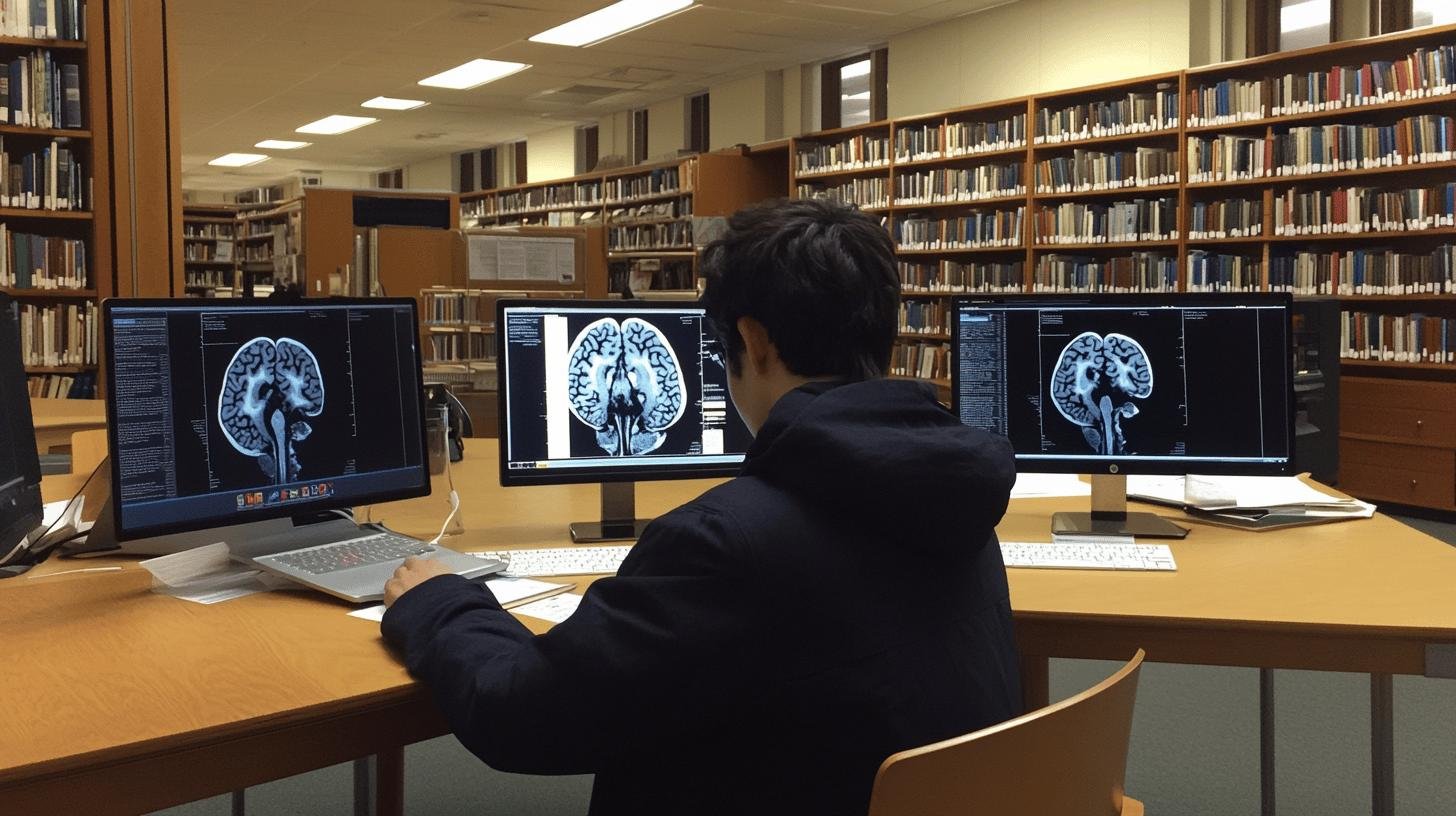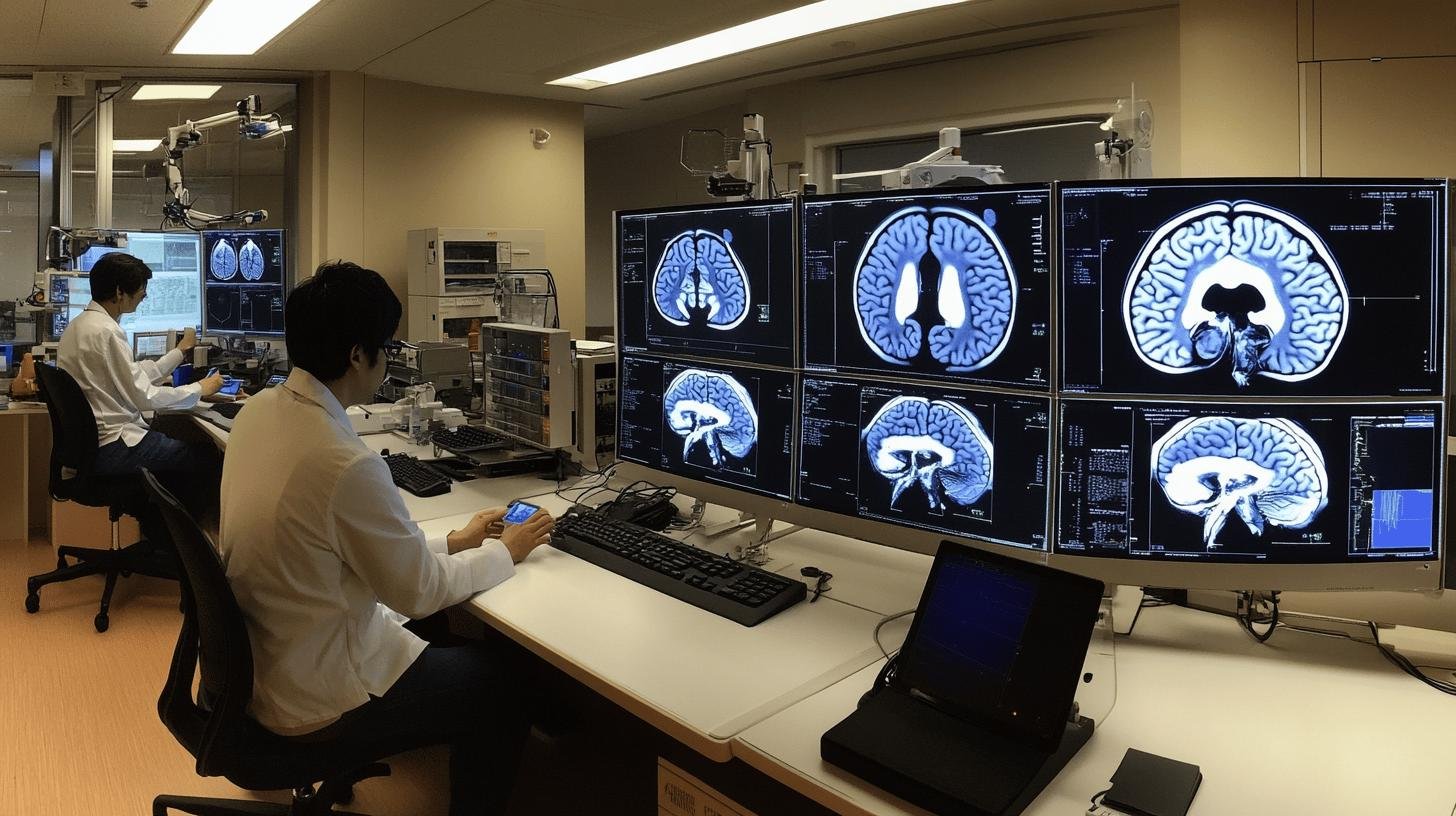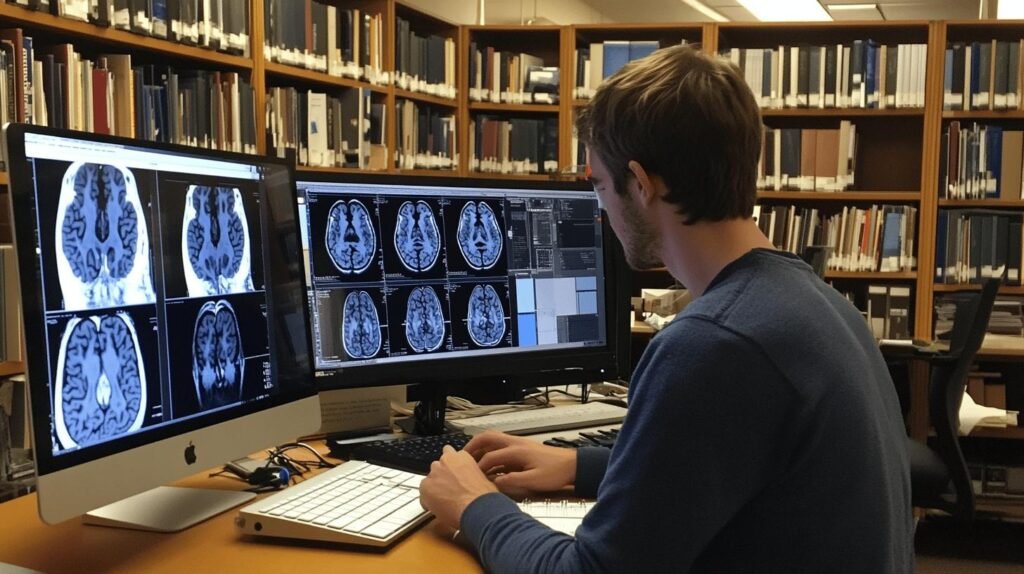Neurological Diseases and Disorders: Eessential Insights
TL;DR:
- Common neurological disorders: Headaches, Epilepsy, Dementia, Stroke, Parkinson’s Disease.
- Early symptoms to watch for: Persistent headaches, sudden vision changes, difficulty speaking, tremors, memory loss, changes in coordination.
- Causes: Genetic factors (e.g., Huntington’s disease), infections, injuries, lifestyle choices (diet, stress, sleep), and environmental factors (pollution).
- Treatment advancements: Aducanumab slows cognitive decline in Alzheimer’s; research on gut bacteria’s impact on brain health; new chronic pain management strategies.
- Direct Primary Care (DPC) model enhances neurological care by providing personalized, accessible treatment without insurance complications.
Ever wondered why some people struggle with simple tasks while others breeze through brain-challenging puzzles? Neurological diseases and disorders play a sneaky role in how our brains operate—sometimes causing headaches that feel like a jackhammer, epilepsy that clouds your day with unexpected seizure storms, or even dementia whispering away memories like a mysterious thief. In this chat, we’ll dig into the world of common neurological disorders and reveal the quirks and complexities they bring to the table. Let’s dive in and make these mind mysteries a bit less mysterious, shall we?
Understanding Common Neurological Diseases and Disorders
Neurological diseases can be like unexpected guests—disruptive and hard to handle. They affect the central nervous system (CNS) and peripheral nervous system (PNS), causing a range of symptoms and challenges. Imagine headaches that start as a dull ache but can explode into migraines or epilepsy, which feature sudden brain activity bursts. These disorders deeply affect people’s lives.
- Headaches
- Epilepsy
- Dementia
- Stroke
- Parkinson’s Disease
These disorders impact not only individuals but also the healthcare system. Conditions like stroke or Parkinson’s disease can dramatically alter daily life. They may affect movement, thinking, or memory. It’s as if the brain’s control centre is playing tricks.
Healthcare must provide resources and strategies to tackle these challenges. Hospitals, clinics, and care teams collaborate like a well-oiled machine to support recovery and improve quality of lif. It’s not just about treating symptoms—it’s about guiding individuals and their families through medical appointments, therapies, and lifestyle changes.
Symptoms of Neurological Disorders Not to Ignore

Identifying early signs of neurological disorders is crucial, much like avoiding movie spoilers. Early detection can significantly affect diagnosis and treatment. For example, a sudden change in speech or motor skills might signal a stroke or Parkinson’s disease. If you spot anything unusual, consult a healthcare professional.
- Persistent headaches
- Sudden vision changes
- Difficulty speaking
- Tremors
- Memory loss
- Changes in coordination
Overlooking these symptoms is risky. Ignored signs can lead to severe complications, affecting life quality. For healthcare, early detection means ramping up resources and interventions. Catching these symptoms isn’t just wise; it’s potentially lifesaving.
Causes and Risk Factors of Neurological Disorders
What causes neurological disorders? It’s a mix of genetic, infection-related, lifestyle, and environmental factors. Think of some issues as family legacies—like Huntington’s disease—passed down through generations. But it’s not all genetic. Infections or injuries can disrupt your nervous system, too. Picture your brain or nerves as an orchestra. Even minor disruptions, like toxins, can throw off the harmony.
- Huntington’s disease
- Muscular dystrophy
- Neurofibromatosis
Lifestyle and environment also play roles in neurological health. “You are what you eat” holds some truth—diet impacts brain health. Stress, sleep habits, and environment also matter. Living in polluted areas, for instance, increases neurological disease risks. While you can’t change genetics, smart lifestyle choices help keep your brain in tune.
Advances in Neurological Treatment and Research

Exciting changes are happening in neurological treatment. Therapies and medications are evolving. Consider Aducanumab, a drug slowing cognitive decline in Alzheimer’s patients. It’s no longer about brains catching up; this medication intervenes effectively. And this is just the beginning of groundbreaking neurological treatments.
In research, scientists are exploring gut bacteria’s impact on brain health. These tiny organisms might influence the brain more than previously thought. Researchers aim to discover new disorder treatments. Meanwhile, chronic pain management is improving with new strategies, aiming to ease discomfort and enhance life quality.
| Treatment/Research | Description |
|——————————-|—————————————–|
| Aducanumab | Slows cognitive decline in Alzheimer’s |
| Gut Bacteria Studies | Investigating links to brain health |
| Chronic Pain Management | New methods in pain relief |
These advancements aren’t just theoretical—they promise real patient benefits. Imagine Alzheimer’s progressing slower, gut bacteria keying new treatments, and chronic pain not dominating life. These innovations mean more personalized, effective care, offering hope for those with neurological disorders.
The Role of Direct Primary Care in Neurological Health
Traditional neurological care can feel like a maze. Patients face long waits and rushed appointments in an insurance-based model. This system struggles with treating neurological disorders’ complex needs, often leaving patients without adequate support.
Enter Direct Primary Care (DPC)! This model removes bureaucratic barriers, centring care around you—the patient. With DPC, you get continuous, personalized care without insurance hassles. Whether addressing a functional neurological disorder or preserving brain health, DPC focuses on timely interventions and continuous monitoring. This approach not only meets your unique needs but empowers you on your health journey.
Final Words
Just tackled some heavy stuff, right? Neurological diseases and disorders, with common ones like headaches, epilepsy, and dementia, make a huge impact. We looked into symptoms you can’t ignore and the various causes and risk factors that come into play.
Advancements in treatments, like new medications and research into gut health, offer hope. And let’s not forget how direct primary care can support personalized treatment plans and better brain health.
With this knowledge, we’re one step closer to proactively managing neurological health. It’s all about staying informed and involved in our care!
FAQ
Q: What are the most common neurological disorders?
A: The most common neurological disorders include headaches, epilepsy, dementia, stroke, and Parkinson’s disease. Each affects the nervous system differently, with unique symptoms and impacts on daily life.
Q: What are the symptoms of neurological disorders that should not be ignored?
A: Symptoms of neurological disorders not to ignore include persistent headaches, sudden vision changes, difficulty speaking, tremors, memory loss, and changes in coordination. Early detection is crucial for effective treatment.
Q: Are there any neurological diseases that are curable?
A: Some neurological diseases are manageable with treatment, but few are completely curable. Conditions like epilepsy and certain headaches can be controlled with medication and lifestyle adjustments.
Q: What is a long-term neurological condition?
A: Long-term neurological conditions, like Parkinson’s and Alzheimer’s, involve chronic symptoms affecting the nervous system over time. They may require ongoing treatment and management for symptom relief.
Q: What causes neurological disorders?
A: Neurological disorders can stem from genetic factors, infections, lifestyle choices, and environmental influences. Genetic disorders, such as Huntington’s and muscular dystrophy, are hereditary, while others may arise from injury or toxins.
Q: What are some rare neurological disorders in adults?
A: Rare neurological disorders in adults include conditions like neurofibromatosis and Huntington’s disease, often with unique symptoms and more specialized treatment approaches.
Q: How does direct primary care help in neurological health?
A: Direct primary care offers personalized care for neurological disorders, focusing on individual needs, timely interventions, and continuous monitoring—all without the hassles of dealing with insurance companies.

